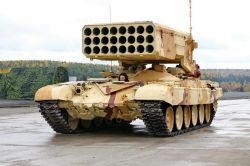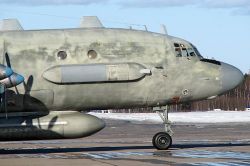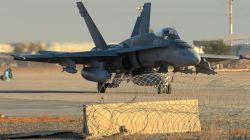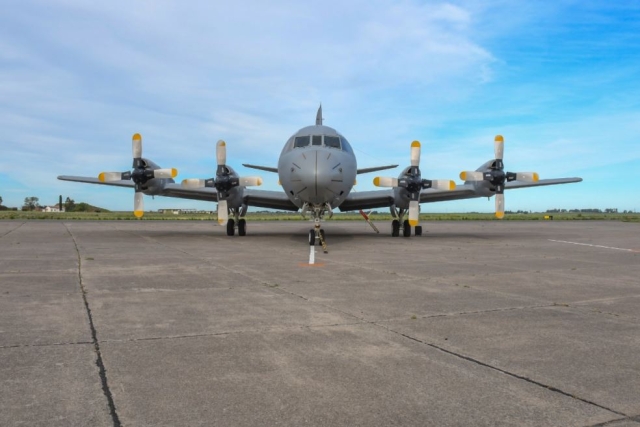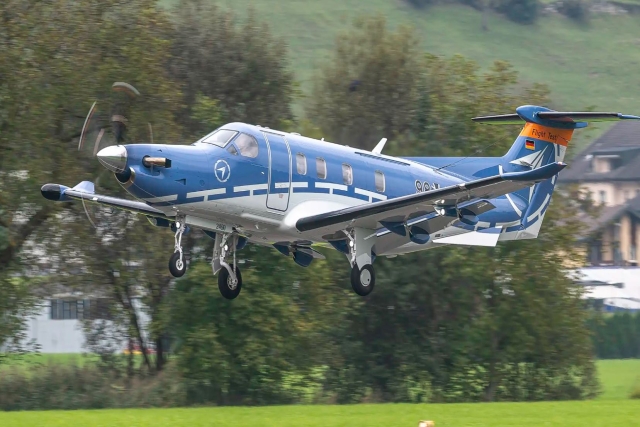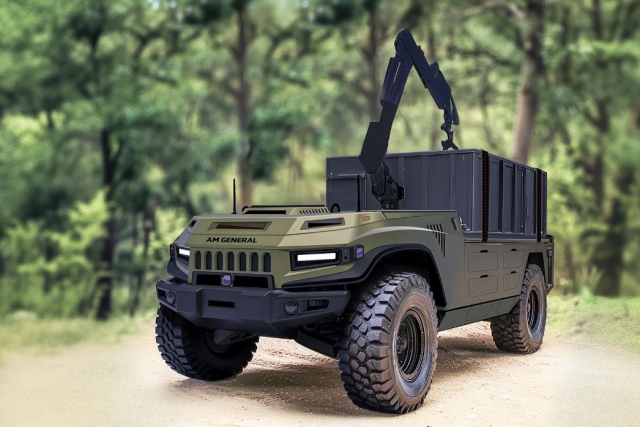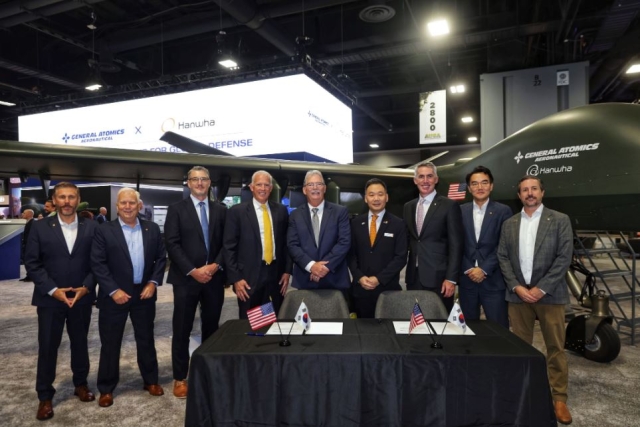Was Saudi Prince Part of Syrian Militants' Drug Supply Network?
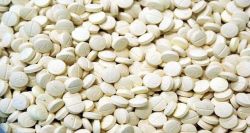
A Saudi Arabian Prince was detained along with four others in Lebanon while attempting to smuggle about two tons of Captagon pills.
The Saudi Prince Abdel Mohsen Bin Walid Bin Abdulaziz was detained in Beirut International Airport while allegedly trying to smuggle 15 million capsules of amphetamine phenethylline (Captagon)- a synthetic stimulant- in huge quantity by the airport authorities.
Captagon is an illicit amphetamine-type substance, a class-A narcotic, defined as a schedule I (high potential for abuse) controlled substance. The narcotic is a famous as an appetite suppressant. The gulf region is a big market for it. Captagon is a regular party drug in the middle-east.
Captagon pills are widely being used by Syria militants who are leading one of the most violent wars the Middle East has witnessed.
Since January, Lebanon's Internal Security Forces’ drug unit has seized more than 11.5 million tablets, well over 2 metric tons of Captagon, and the most ever reported.
According to reports, Syrian army has found different types of pills in militants’ strongholds on several occasions after their mop-up operations.
Captagon is one of the most common ones found in militants’ possessions.
“It wouldn’t be the first time in history fighters used drugs,” Nadya Mikdashi, co-founder and director at Skoun, an NGO promoting drug awareness and counseling addicts was quoted as saying by Tehran based Alalam website. “During the Lebanon’s 15 year Civil War, militia members in the country used amphetamines; fighters were given drugs to enhance performance,” she said.
“It wouldn’t be the first time in history fighters used drugs,” she said. “During the Civil War, militia members in the country used amphetamines; fighters were given drugs to enhance performance.”
“What would be different about the war in Syria?”
Col. Ghassan Chamseddine, chief of ISF’s drug enforcement unit, said that previous busts had uncovered enormous apartments in downtown Beirut and multiple luxury cars belonging to men involved in drug transfers.
But the men from Homs stood to make at between $650 million and $1.3 billion. That money was likely going back to Homs to purchase weapons, he said.
The detention of the Arab prince raises suspicions of Saudi Arabia helping the Syrian militants.
In January of this year, Reuters reported on how Syria has become a major consumer and exporter of amphetamines, the most popular being captagon.
According to Reuters, captagon “generates hundreds of millions of dollars in annual revenues in Syria, potentially providing funding for weapons, while the drug itself helps combatants dig in for long, grueling battles.”
In a report by CounterPunch, Frank Lamb said, “Jihadists high on drugs apparently feel invincible and hostile and do not fear death. Many are indeed ferocious and fearless fighters during the day, as many media sources have reported. But by nightfall, when the drug wears off the fighters become exhausted and sometimes they are found asleep on the spot they were fighting from.”
